|
The fourth of the 6 abdominal engagements is perhaps the most difficult, since it requires the somewhat unnatural action of using two opposing muscle groups. Most actions of the body require using one muscle (or group) while another muscle relaxes. This is how the joints move and therefore how most yoga postures are achieved.
When holding the spine straight and strong, we try to engage both sides of the body. This means that the back muscles are tight and also the abdominal muscles. The spine itself doesn't move or bend, so it looks like nothing is happening, but the effort involved is significant. Straight spine postures are harder to achieve than spinal bending postures like Rabbit or Cobra. When the spine bends, only one side of it activates while the other side relaxes, but the result is a more dramatic bend. So we end up in far more impressive and interesting-looking positions while exerting less effort - a fun little paradox. This type of muscular action encompasses (below from left to right) Balancing Stick, Triangle, Peacock, Headstand & Tiger. It is easy to "cheat" in Balancing Stick, Triangle, Headstand and Tiger, which is why these postures can become backbends or "swayback." The only posture that it is impossible to cheat in is Peacock, which is one of the reasons why this posture is so darn hard to do!
0 Comments
Leave a Reply. |
AUTHORSScott & Ida are Yoga Acharyas (Masters of Yoga). They are scholars as well as practitioners of yogic postures, breath control and meditation. They are the head teachers of Ghosh Yoga.
POPULAR- The 113 Postures of Ghosh Yoga
- Make the Hamstrings Strong, Not Long - Understanding Chair Posture - Lock the Knee History - It Doesn't Matter If Your Head Is On Your Knee - Bow Pose (Dhanurasana) - 5 Reasons To Backbend - Origins of Standing Bow - The Traditional Yoga In Bikram's Class - What About the Women?! - Through Bishnu's Eyes - Why Teaching Is Not a Personal Practice Categories
All
Archives
April 2024
|

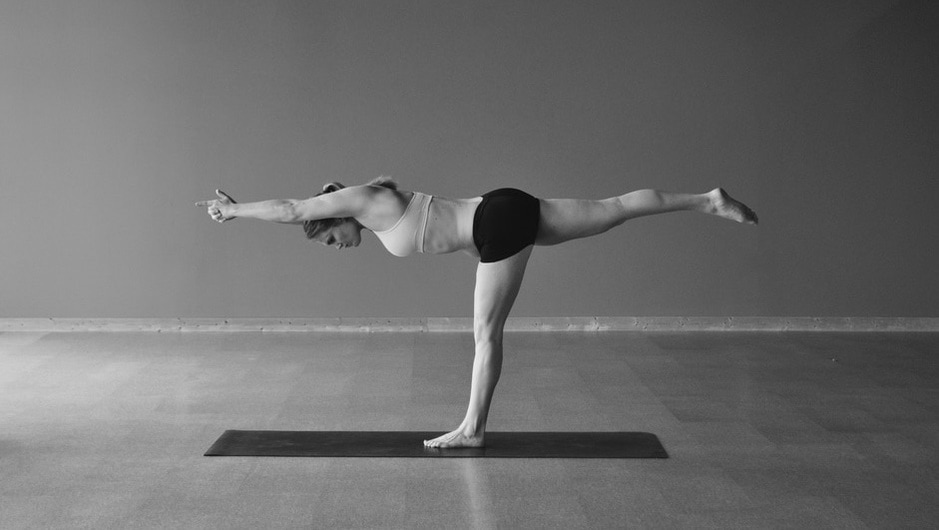
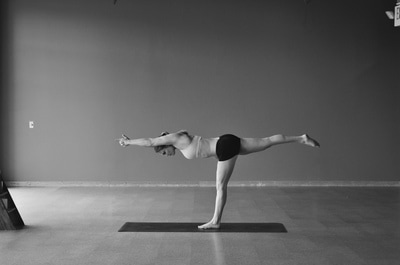
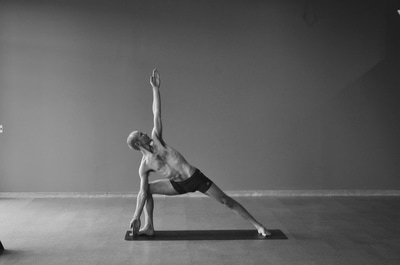
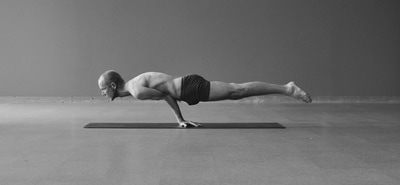
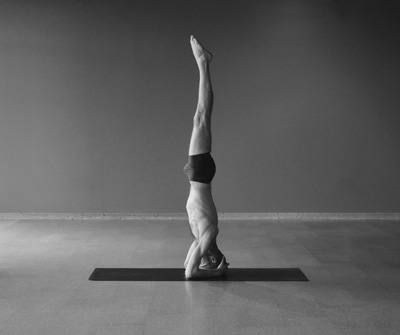
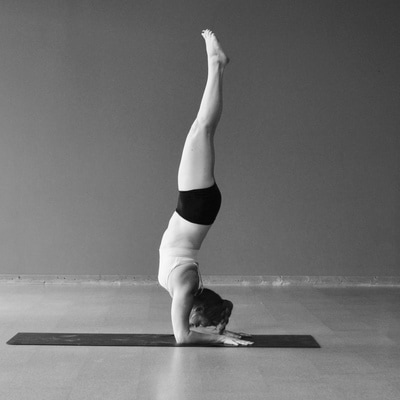
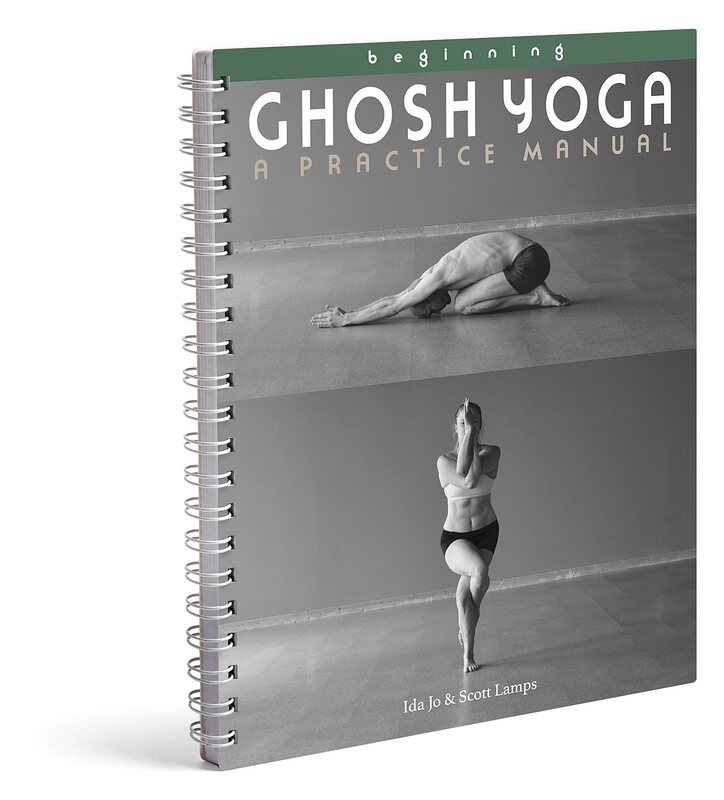
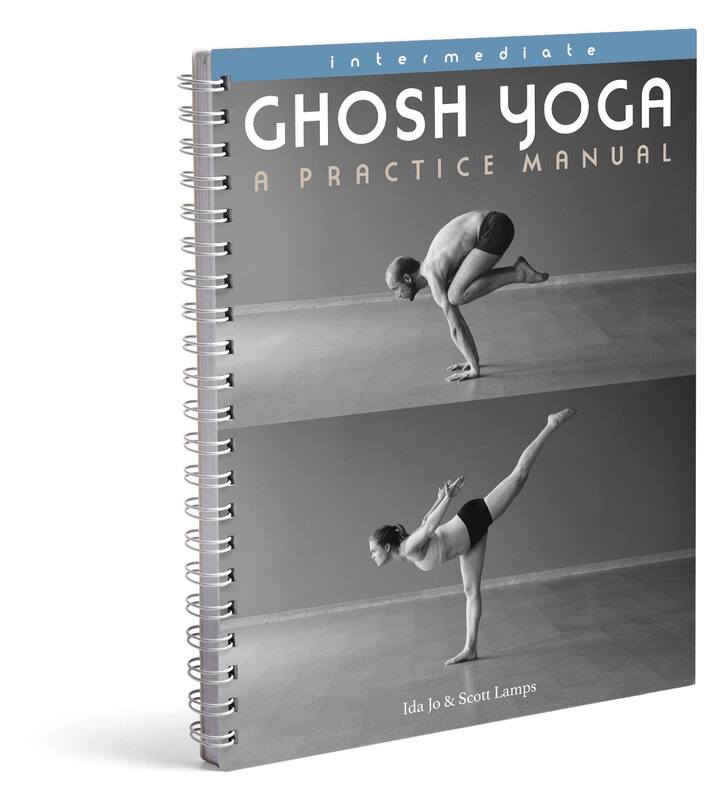
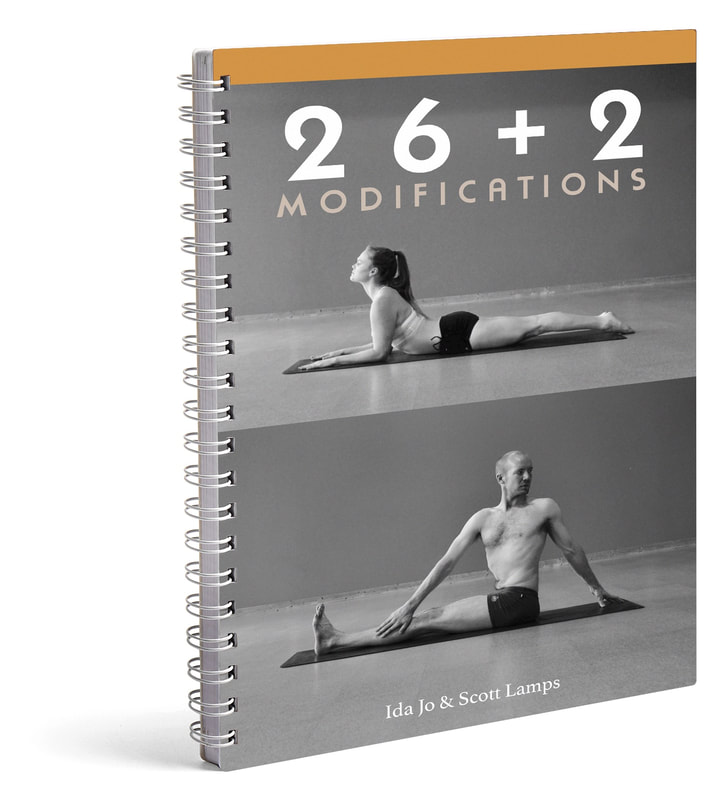


 RSS Feed
RSS Feed